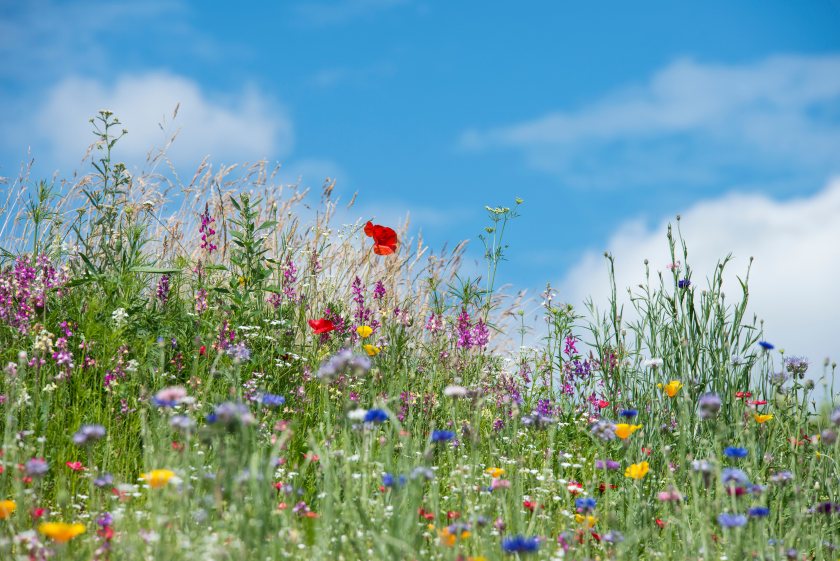
Planting wildflowers in apple orchards could save growers up to £3,000 per hectare each year on pest control costs, according to new research.
The study highlights how flower strips can create habitats for beneficial insects, which naturally prey on harmful pests like aphids.
By encouraging these "natural pest controllers," farmers can keep apple trees healthier with reduced reliance on chemical sprays.
The study examined working apple orchards over a two-year period, comparing those with flower strips against those without.
Researchers from the University of Reading, NIAB East Malling and others measured the number of apples damaged by pests and calculated the potential cost savings.
In years with severe pest outbreaks, orchards with flower strips saved up to £2,997 per hectare after accounting for planting costs.
Even during years with fewer pests, flower strips planted at orchard edges still provided a financial benefit.
Researchers tested different placements for the flower strips—such as replacing grass margins or replacing rows of apple trees—and found that strategic placement was more important for boosting orchard profits than other factors, such as government subsidies or the longevity of the flower plantings.
The findings build on previous research from the University of Reading that showed flower strips could reduce damage from rosy apple aphids by up to 32% during years with high pest pressure.
But Dr Charlotte Howard, lead author from the university, said there was still more to learn about all the benefits of planting flower strips.
"Farmers could save money while boosting biodiversity and letting nature do some of the heavy lifting in looking after their crops," she said.
"Beyond pest control, flower strips offer additional environmental benefits: they support pollinating insects like bees, enhance carbon capture from the atmosphere, and contribute to a healthier farm ecosystem."
The study was conducted by the University of Reading, NIAB East Malling, Cranfield University, and Syngenta through the FoodBiosystems Doctoral Training Partnership.
